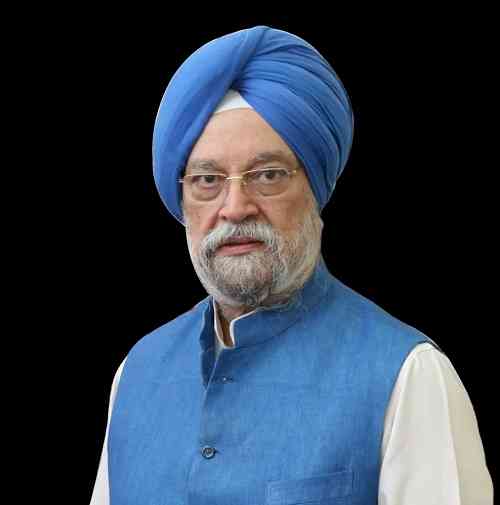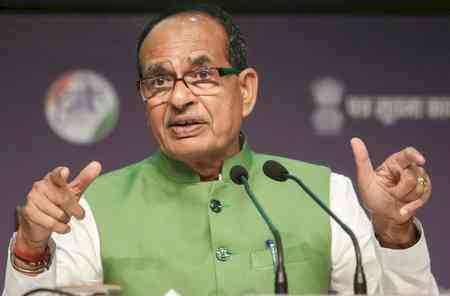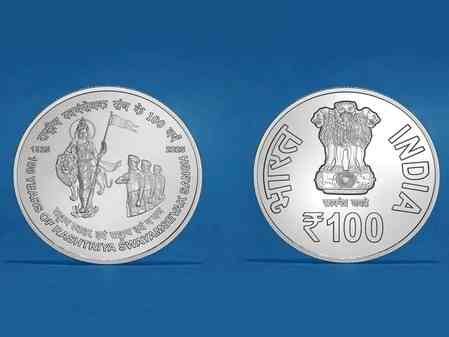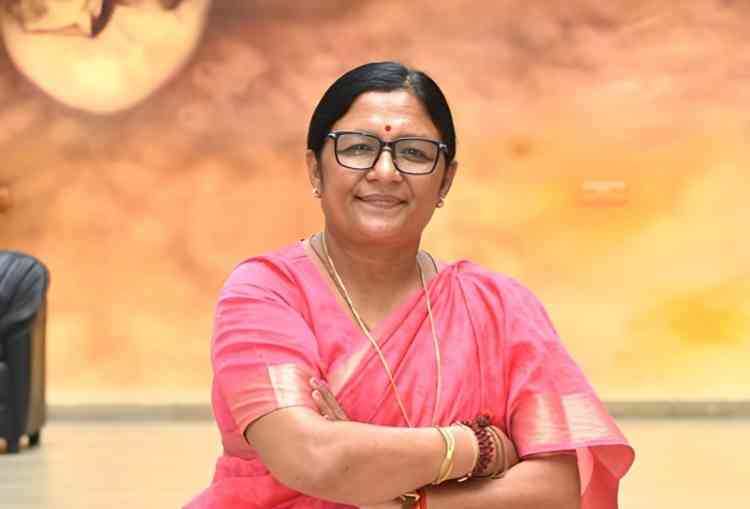Experts quell rumours around coronavirus and food
The widespread sharing of false news surrounding this virus has led to mass panic
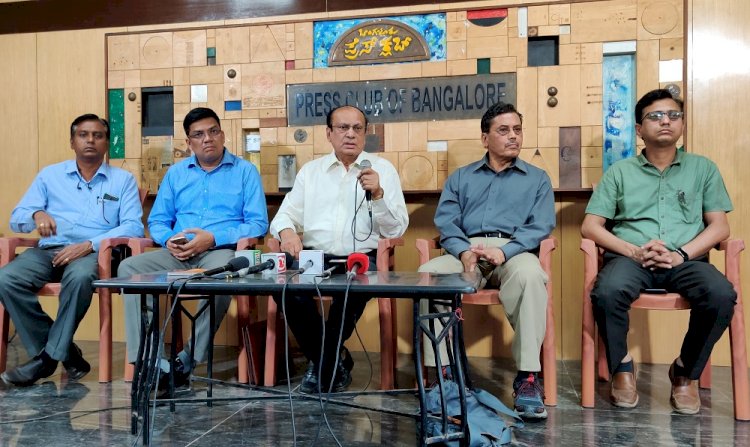
Bangalore: Dr. G Devegowda, President, Institution of Veterinarians of Poultry Industry and Dr. RNS Gowda, Ex-Vice-Chancellor, Karnataka Veterinary Animal & Fisheries Sciences University addressed the media to quell the rumours surrounding the consumption of food and (COVID-19) Coronavirus. The widespread sharing of false news surrounding this virus has led to mass panic and the professors clarified doubts and nullified rumours.
The professors emphasized the importance of maintaining good hygiene and stressed on thorough cleaning of foods to avoid ensure no possible risk in consumption. Actions such as the constant washing of hands, utensils, vessels and the food product itself are paramount to ensuring safety. Further, the cooking of meats such as chicken, at higher temperatures, which is a common practice in India, is adequate enough to kill any viruses and bacteria that may be present.
Dr. G. Devegowda, President, Institution of Veterinarians of Poultry Industry said, “In India today, reports indicate that 68% of the population are protein deficient, Protein deficiency starts at a very young age and is seen at alarming rate in school-going children, Govt of India statistics: Children below 5 years, 36% underweight and 38% stunted. Children and adults with protein deficiency succumb more easily to infections. Every meal should have an adequate amount of protein, vitamins, minerals, and other nutrients. Rumors around food products and the coronavirus can further damage the health of Indians and hence must be stopped at once.”
Dr RNS Gowda, Ex. Vice-Chancellor, Karnataka Veterinary Animal & Fisheries Sciences University, “There is no evidence so far that novel Coronavirus 19 is being spread through animal contact except for suspected initial infections in Wuhan. Subsequently, it has been human to human transmission only. Viral infection from food including meat can be prevented by following certain precautionary measures. Actions such as cooking the food at the right temperature, washing hands before and handling meat, and thorough cleaning of kitchen equipment are more than enough for people. All the fear and panic regarding the contamination of food and meat is incorrect and must be stopped immediately.”


 cityairnews
cityairnews 







